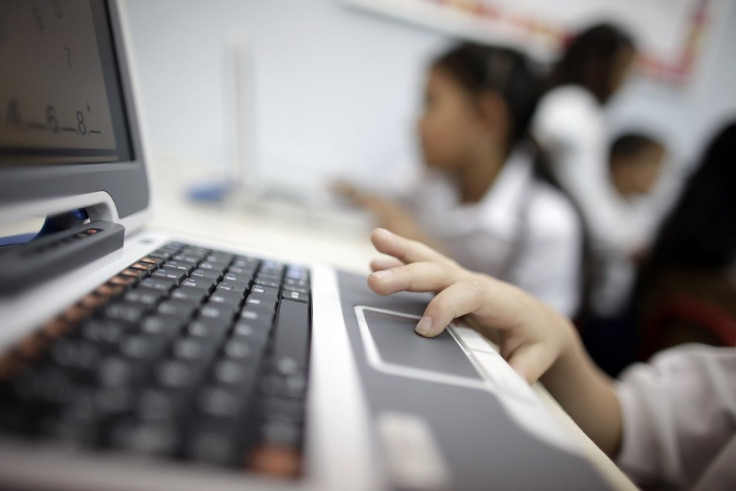Over half of UK parents unaware if their children are being cyberbullied

Over half of British parents admit they would have no idea if their child was being cyberbullied online, and the same amount would also not know what to do about it.
Using a sample of 971 parents and grandparents from the UK, antivirus company Eset found that 54% "would have no idea if their child was being cyberbullied." It was also revealed 52% of parents "would have absolutely no idea what to do if their child was being cyberbullied."
As more children access the internet through smartphones, tablets and video game consoles from a younger age than ever before, the threat of cyberbullying is rife. Between 2012 and 2013 there was an 87% increase in demand for children requiring counselling after suffering online bullying.
Cyberbullying affects an older age group than conventional mistreatment, with 84% of cases dealt with by ChildLine being for 12-18 year-olds. Just 16% of cases were with children aged 11 and under.
When asked who they would target if their child was a victim of cyberbullying, 45% of surveyed parents said their child's school, 70% said they would contact the website involved, while 38% would contact the bully themselves.
Following victims into their rooms
"One of the most significant differences between cyberbullying and more traditional forms of bullying is that your child's bully can follow them into their room," said Mark James, a security specialist at Eset. "This ultimately can make cyberbullying even more daunting for a child as there is often no escape."
James added that parents should advise their children not to reply to cyberbullying, but they must keep any received messages, as these will be needed to prove the bullying is happening to the child's school or the authorities. If the bully and victim are classmates then the school should be contacted, but "if the bullying is being carried out by a stranger then contact your Internet Service Provider as they can then block the person from contacting your child further," James added.
Protecting children online is a hot topic, with BT and the Marie Collins Foundation setting up a joint initiative in late 2014 to combat the problem and help improve how authorities deal with cases of cyberbullying. Tink Palmer, chief executive officer of the foundation, told IBTimes UK that teaching children about the dangers faced online is "absolutely the same" as road safety. "It should be there from the start because you cannot divide what is online and offline, no child understand that."
Eset's seven 'golden rules' for keeping children safe online:
- Up-to-date Antivirus and Security software is a necessity.
- Updated OS as well as up-to-date installed applications is a necessity.
- Be vigilant and monitor your child's internet connection: set a password and allow children to surf the web only during the times when you can periodically check on their online activities.
- Instruct kids on internet privacy: they should never supply personal data and details to strangers on the web and social networks.
- Control the web camera as it can be easily misused by criminals and strangers. Unplug or cover your webcam when you don't use it. There is malware that can access your webcam without you knowing about it.
- On social media, if you or your child shares the wall with "Everyone" or "Friends of friends" then you have lost control of who has access to all data.
- The information posted on the internet does not go away. Do not assume that when you delete a photo or even the whole social network account that you have automatically deleted all the data forever. Pictures and information might be already saved on someone else's computer.
© Copyright IBTimes 2025. All rights reserved.






















